How to Build a Cloud-Native Application in 2025
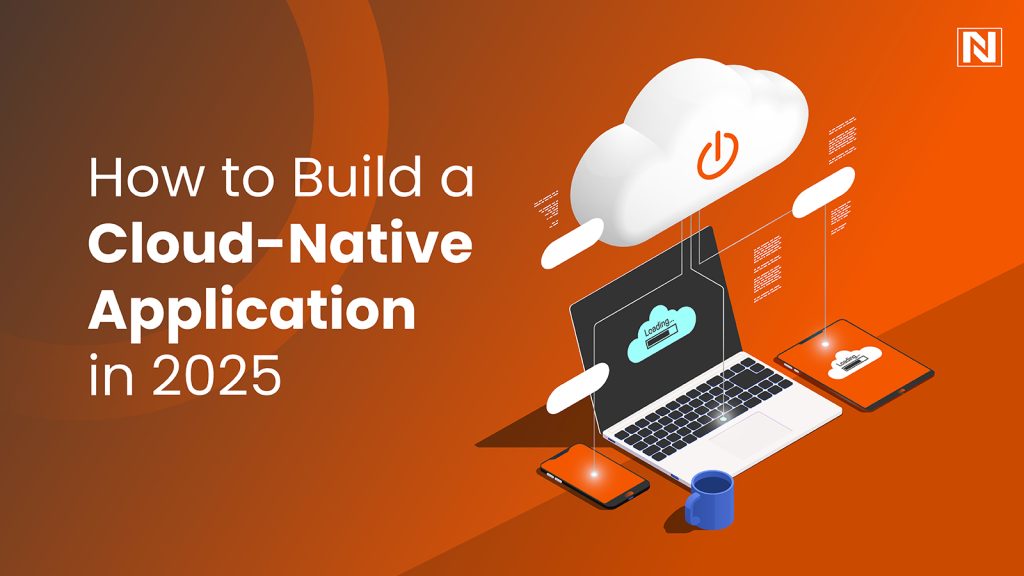
Cloud-native application development is at peak. By 2025, the way we build, deploy, and manage applications will be fundamentally different from what we see today. Organizations are increasingly adopting cloud-native development to stay agile, scalable, and competitive.
Liferay Cloud SaaS: Streamlining Digital Experiences with Minimal Effort
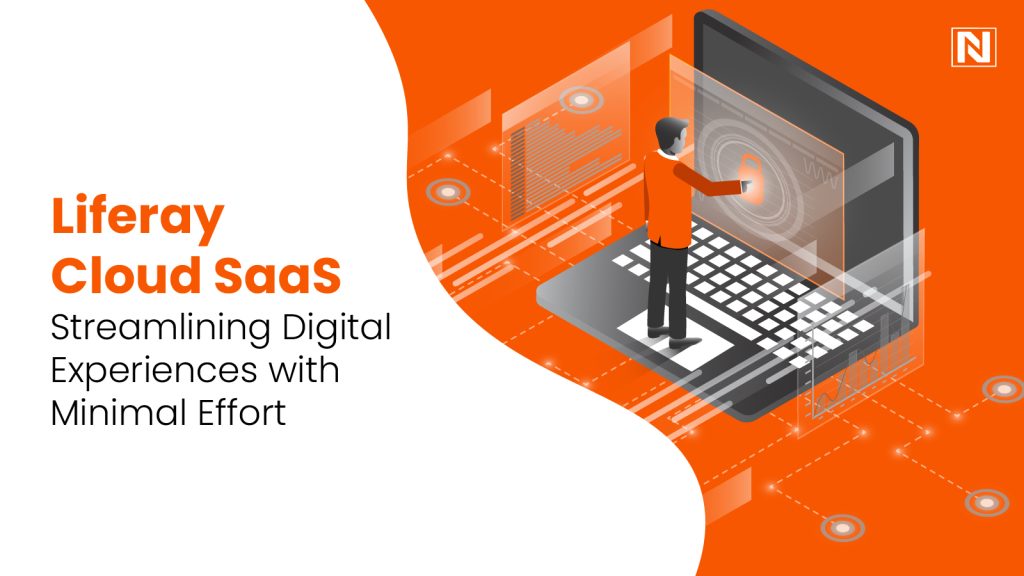
Organizations are increasingly turning to cloud-based solutions to enhance their digital experiences. One such robust platform that stands out is Liferay Cloud SaaS, offering businesses unparalleled flexibility and efficiency in managing their digital transformation initiatives.
Liferay Cloud: Understanding the Power of SaaS and PaaS
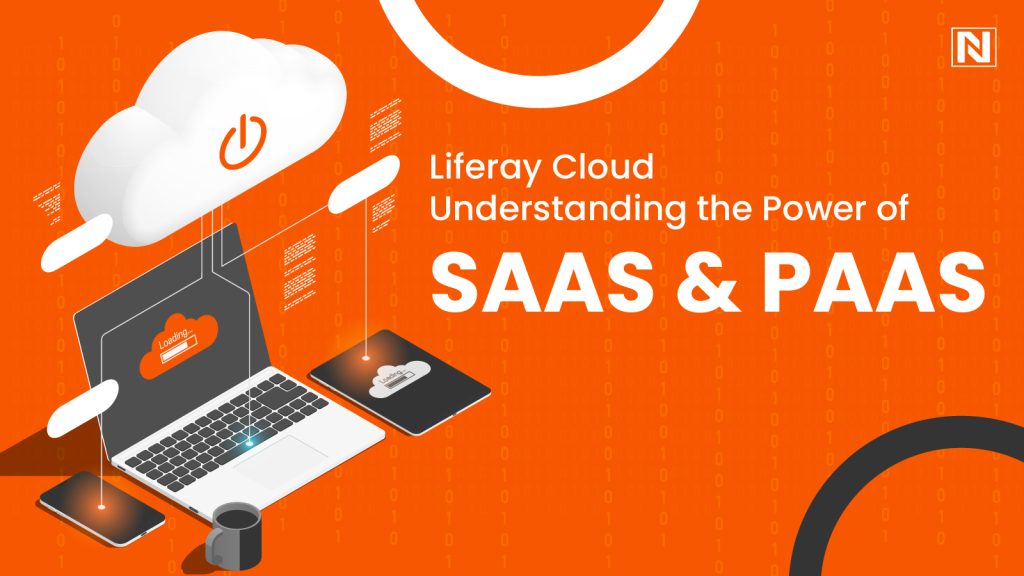
Why Liferay Cloud is the Secret Weapon Your Business Has Been Missing
Imagine having the flexibility to build custom digital experiences without the headache of managing infrastructure. What if you could scale on demand, deploy with ease, and innovate faster all while keeping costs in check? That’s not just a tech dream, it’s the reality Liferay Cloud delivers through its SaaS and PaaS offerings, making it one of the most powerful enterprise cloud solutions for modern businesses.
Serverless Computing: Future Trends and Applications
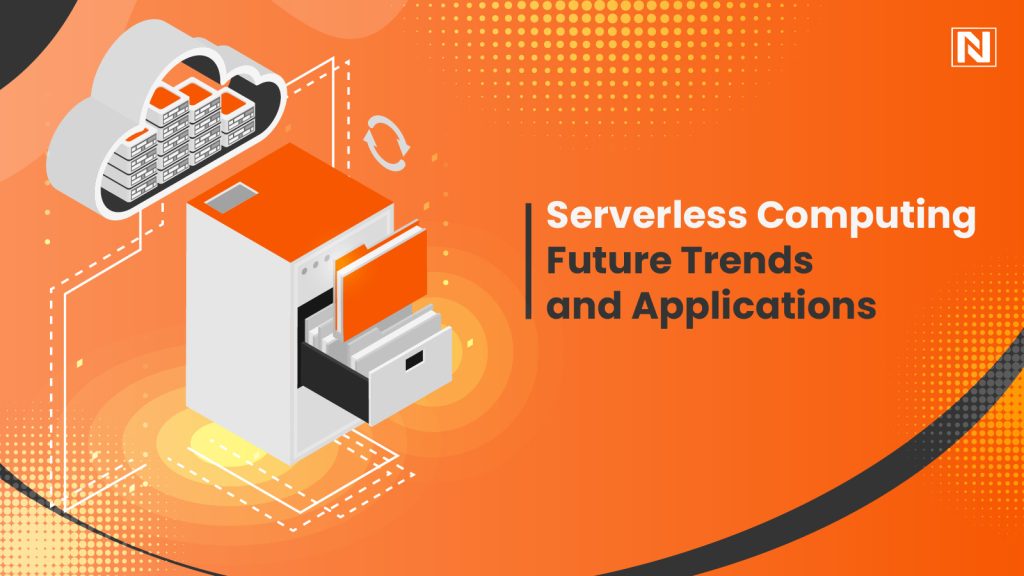
Imagine running applications without worrying about servers, scaling, or infrastructure maintenance. That’s the magic of serverless computing, a game-changing approach that allows developers to focus purely on code while cloud providers handle the rest. But where is this technology heading?
Best Practices for Cloud Migration in 2025
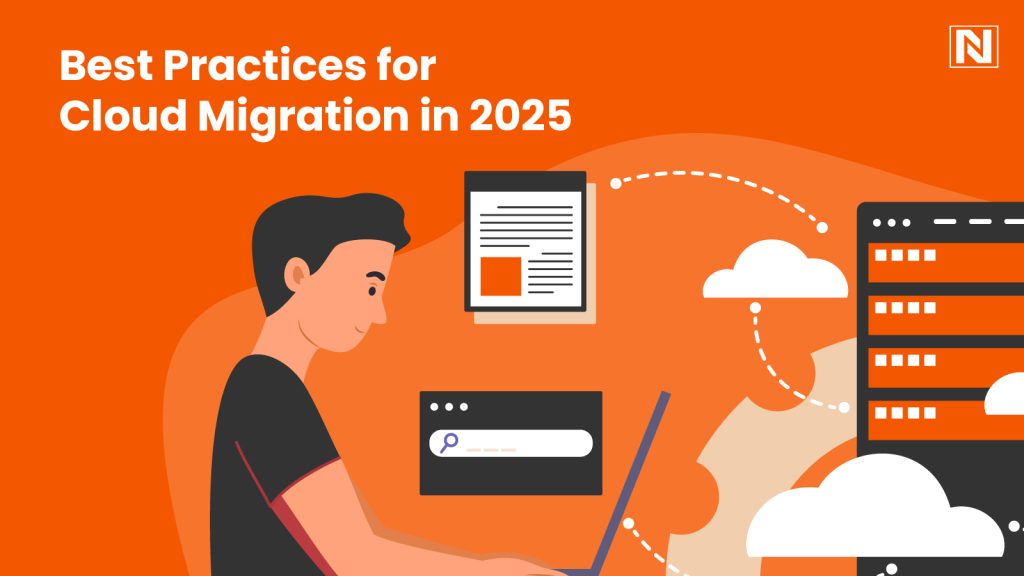
As businesses embrace the digital future, best practices for cloud migration in 2025 are more critical than ever. The promise of scalability, cost savings, and enhanced innovation makes cloud migration an attractive move, but it’s not without its challenges. Poorly planned transitions can lead to unexpected costs, security vulnerabilities, and operational hiccups.
Why Choose LWC Over Aura

Your Salesforce applications deserve the best, and Lightning Web Components (LWC) delivers.
While Aura has been a trusted companion for years, LWC takes the spotlight with its superior capabilities, simplified coding, and enhanced user experiences.
What is Cloud Modernization?
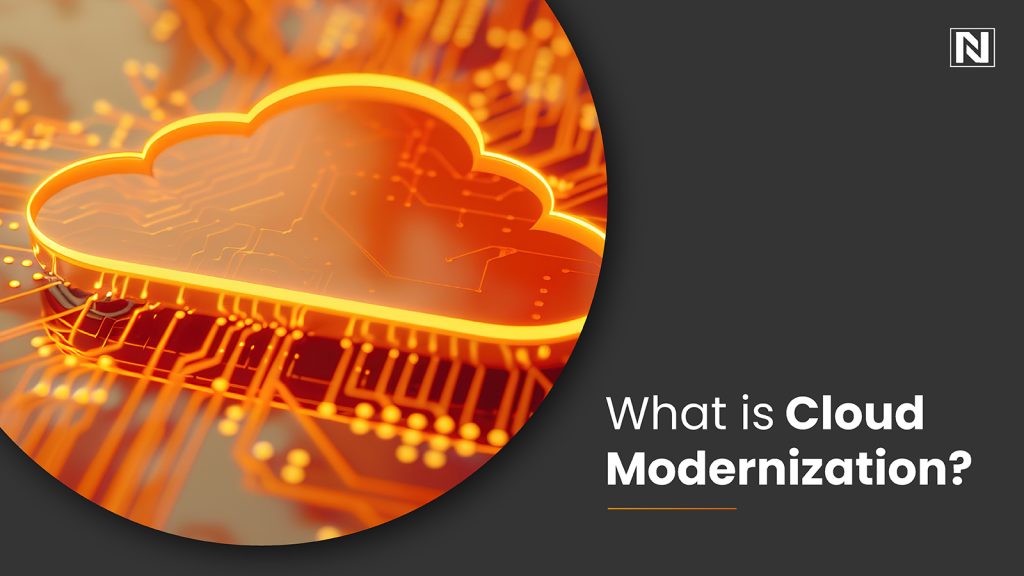
Revamp, Reimagine, Reinvent: The Power of Cloud Modernization
In a world driven by technology, standing still means falling behind. Cloud modernization is about taking the leap toward innovation by upgrading your legacy systems to meet today’s demands. But what exactly does it involve, and why are businesses worldwide prioritizing it? Let’s unpack the concept and its game-changing benefits.
What is Salesforce LWC: Advantages and Use Cases

Web development can feel like solving a never-ending puzzle, but Salesforce Lightning Web Components (LWC) simplifies the game. Built on modern web standards, LWC offers developers a straightforward yet powerful framework to build apps that deliver. So, what sets it apart, and how can it elevate your Salesforce solutions? Let’s break it down step by step.
AI in Cloud Computing
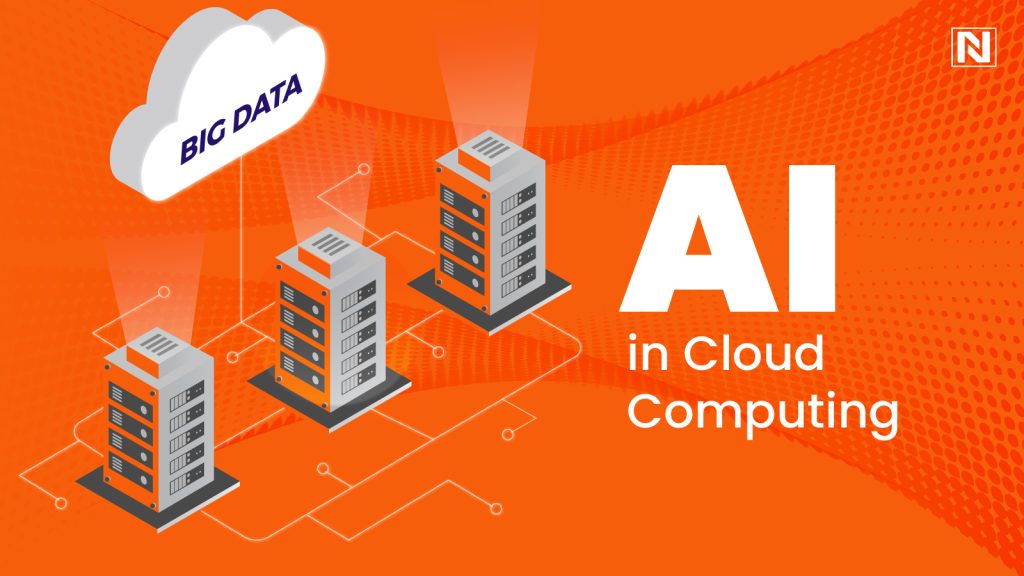
Artificial intelligence innovations are advancing at an unprecedented pace and show no signs of slowing down. Cloud computing platforms leverage these AI breakthroughs to revolutionize a broad spectrum of technology services. According to IDC, global AI spending will exceed $300 billion by 2026.
What is Salesforce Experience Cloud?
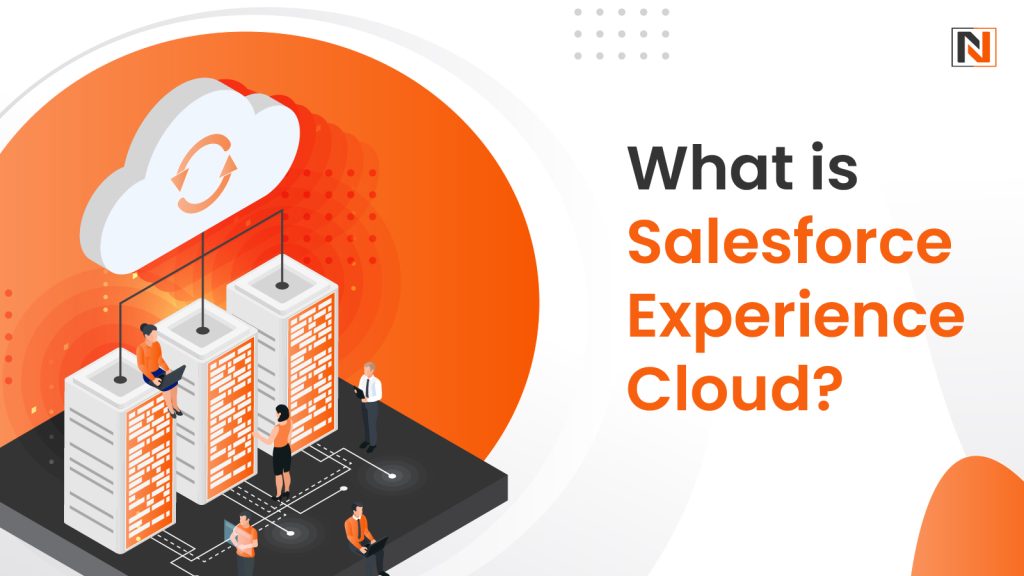
Salesforce Experience Cloud, previously called Community Cloud, is a dynamic digital experience platform from Salesforce. It empowers businesses to design personalized and interconnected digital experiences for customers, partners, and employees. Imagine it as a virtual space where users can explore, interact, and engage with your organization innovatively and meaningfully.